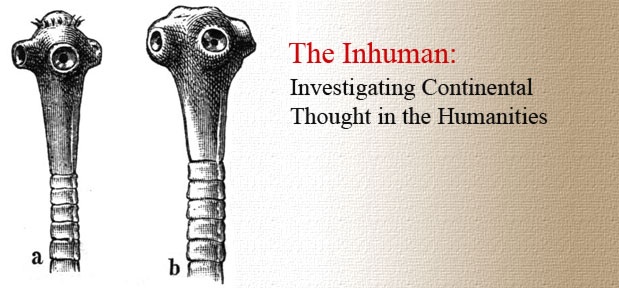“HE WHO IS UNABLE TO LIVE IN SOCIETY . . . MUST EITHER BE A BEAST OR A GOD”: SITUATING THE “INHUMAN” IN ARISTOTLE’S POLITICAL THOUGHT
DOI:
https://doi.org/10.25071/1718-4657.36729Abstract
At least since Aristotle, the Western philosophical tradition has accepted the linking of the categories of the “human” and the “political.” As such, these categories have enjoyed a long history of mutual implication. Such an implication, however, constrains the semantic field by which one comes to imagine the human, the political and ultimately the political community. A clear line of distinction has been upheld between what is human and naturally belongs in a political community and what is inhuman and destined to be marginalized to the isolated fringe. In the last century or so, theory, broadly defined, has challenged the essentialism of the human as a category. A diffusion of novel conceptual formations has taken place. Such concepts as the“inhuman,” the “posthuman,” the “antihuman,” the “transhuman,” etc., have been developed forthe explicit purpose of undermining the clear and distinct category of the human. However, it remains essential, this paper argues, that theorists maintain one foot in the canonical trust bywhich the category of the human has come to be defined. Or, it is essential for theorists to recall what it is that the prefixes “in,” “post,” “anti,” “trans,” etc., are in fact opposing, overcoming,denying, sublating and/or transcending. In order to recall the human, this paper returns to Aristotle in whom one finds perhaps the definitive canonical expression of the human as political. For, in Aristotle’s Politics one reads “humans are by nature political animals” (1.2.1253a2),1 and “a social instinct is implanted in all humans by nature” (ibid, a29-30). And, in Nicomachean Ethics one reads “humanity is born for citizenship” (1.7.1097b12-13). Essential to humanity, then, is the necessity of composition, or political constitution. The human, for Aristotle, however, is hardly a clear-cut matter. In fact, Aristotle also claims for humanity a part that is divine, eternal and separable from composition/constitution. This part is nous, or “mind.” The divinity of mind stands apart from the necessity that forces political community. As such, this paper argues that mind is something inhuman. The human, for Aristotle, therefore, is something of a paradox. In order to lay bare this paradox, this paper unpacks the key Aristotelian themes of essence, humanity, community and wisdom. It focuses primarily upon Aristotle’s De Anima , Metaphysics, Nicomachean Ethics, and Politics.Published
2008-10-04
How to Cite
Austin, M. J. (2008). “HE WHO IS UNABLE TO LIVE IN SOCIETY . . . MUST EITHER BE A BEAST OR A GOD”: SITUATING THE “INHUMAN” IN ARISTOTLE’S POLITICAL THOUGHT. ETopia. https://doi.org/10.25071/1718-4657.36729
Issue
Section
Articles

